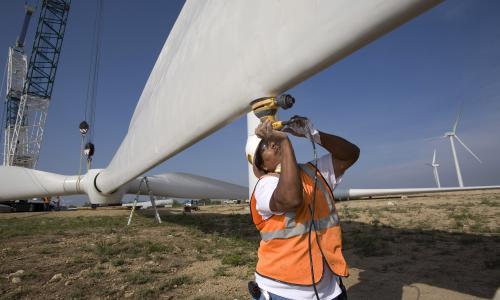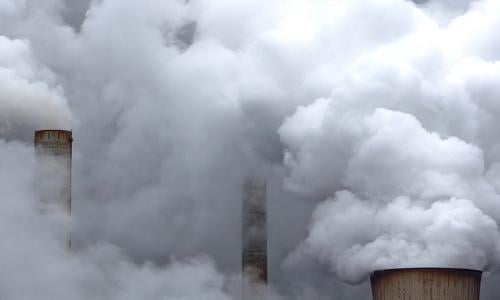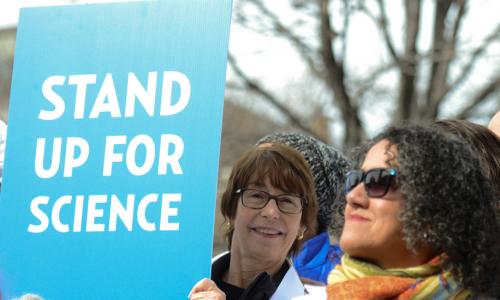Table of Contents
The energy choices that we make today could make or break our ability to fight climate change.
What we're facing
The US power sector is undergoing a transformation. Cheap, clean, renewable sources of electricity are on the rise, while dirtier sources like coal are on their way out. New gas plants and pipelines are being built, while the nation’s nuclear power plants face an uncertain future.
At stake isn’t just the electricity mix—it’s the future of the planet. The power sector is a leading source of cancer-causing air pollution, and the nation’s second-largest source of carbon dioxide. If we do nothing to clean it up, we condemn ourselves to facing the worst consequences of climate change.
But progress isn’t easy. Entrenched special interests are fighting against renewable energy. Utilities are overbuilding gas infrastructure. Impacted communities aren’t being consulted. And to add as much low-carbon power as we need, we need an updated, modernized power grid—not the relic that we have today.
The choices we make now will live with us for generations. You can help.
Get involved
Save Science, Save Lives
The Climate Campaign for the Future
Transforming Transportation
What you can do:
Invest in energy efficiency
The first step to reducing your energy footprint? Use energy more wisely. Little steps like insulating your attic and walls or buying energy efficient appliances can go a long way.
Buy renewable power
If you own a house, consider purchasing or leasing solar panels—they can pay for themselves. “Green power” or community solar programs also allow you to support investments in wind and solar energy.
Support clean energy policies
State and federal policy makers make decisions on clean energy all the time—and they need to hear from you. Make your voice heard: Write and call your elected officials, participate in local meetings, and, above all, vote.
"What I really like about UCS is that they tell it like it is, and we need to hear that."













